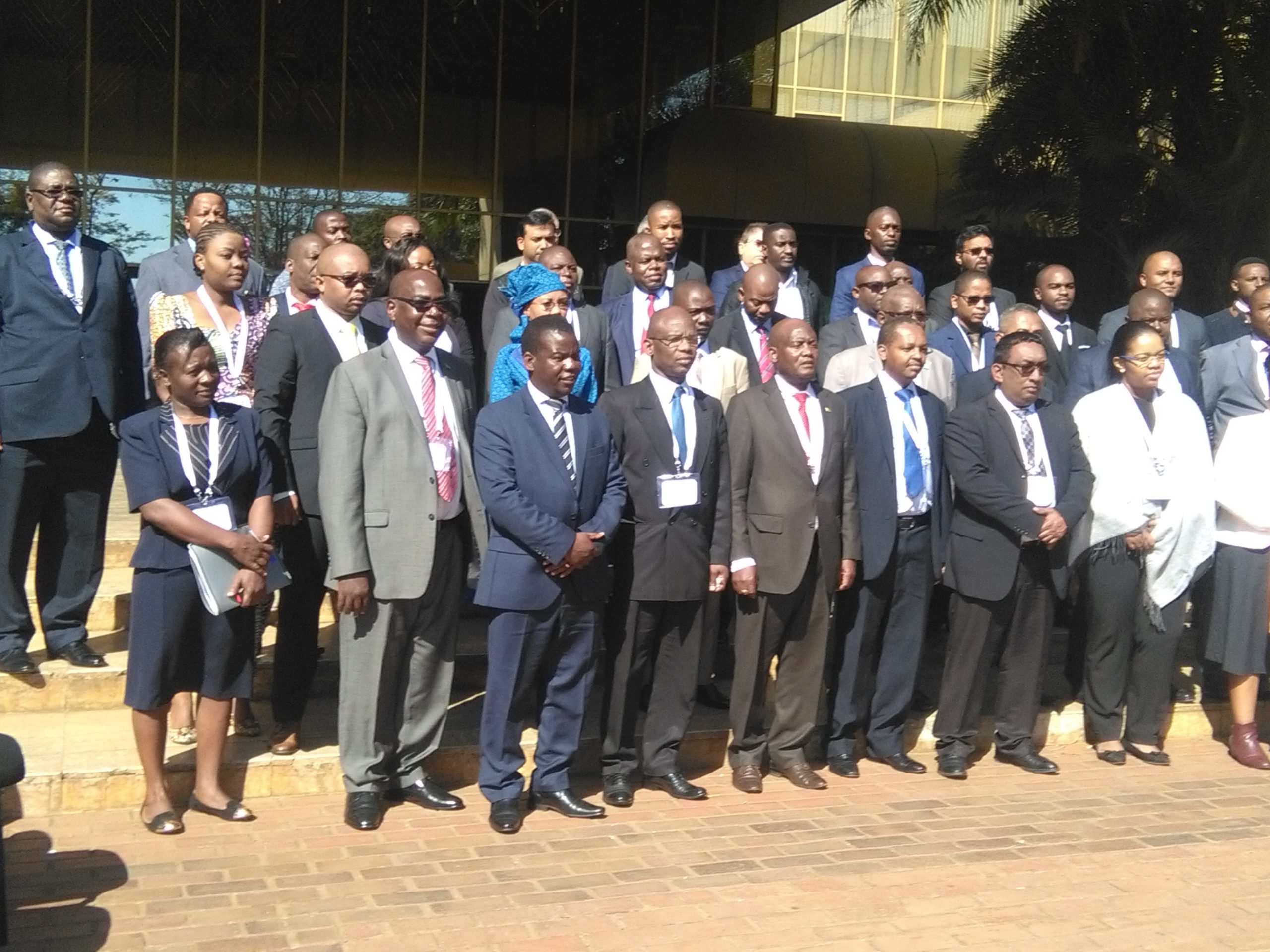By Byron Mutingwende
The Southern African Development Community (SADC), with support from the African Union (AU), is seeking to establish a regional cross-border interconnection framework and the regional interconnection offer (RIO).
Speaking at a validation workshop held in Harare recently, Dr. Sam Kundishora, Zimbabwe’s Permanent Secretary in the Ministry of Information and Communication Technology, Postal and Courier Services said there was need to put in place a mechanism to manage the flow of Internet traffic across the borders.
“Internet goes anywhere, anytime, using laid down communication channels. There is need to manage its movement. The African Union decided to sponsor a programme that seeks to contain Internet traffic on the continent. Thus communication meant for the African continent should remain on the continent. We need a regional Internet exchange system meant for SADC to remain here. This could be achieved through a regional gateway which will then feed into other regions,” Kundishora said.
This initiative will save the time taken to communicate and is cost-effective because countries pay for networks handled in foreign countries. When the region has its own internet exchange point, the cost is reduced because there won’t be any need to pay for traffic traversing on the international networks.
Dr. George Ah-Thew, the Programme Officer in charge of telecommunication at the African Union said the meeting was a continuation of the work started in South Africa during the SADC Baseline Assessment Report Validation Workshop held in March earlier this year.
I want to take this opportunity to thank the African Union Commission (AUC) represented by Mr. Moses Bayingana leading the implementation of the African Internet Exchange System (AXIS) project which aims to keep Africa’s Internet traffic local to the continent. It is under this AXIS initiative that today all SADC Member States have established at least one (1) national internet exchange point (NIXP) through mostly technical assistance and in some cases donated equipment. Madagascar established its NIXP in March last year. SADC is the REC with the most number of NIXPs. Hence, we are leading on this subject on the continent. Thank you AUC for supporting our meeting and participation of SADC Member States and our Implementing Agencies,” Ah-Thew said.
SADC is now at the stage of discussing and developing a harmonised policy and regulatory framework for cross-border connection. There is need to ensure it captures all member countries’ concerns such that it becomes more integrated and competitive, builds and use SADC ICT networks and make broadband Internet rates affordable so as to fulfil the requirements of the region and help to keep online users safe.
